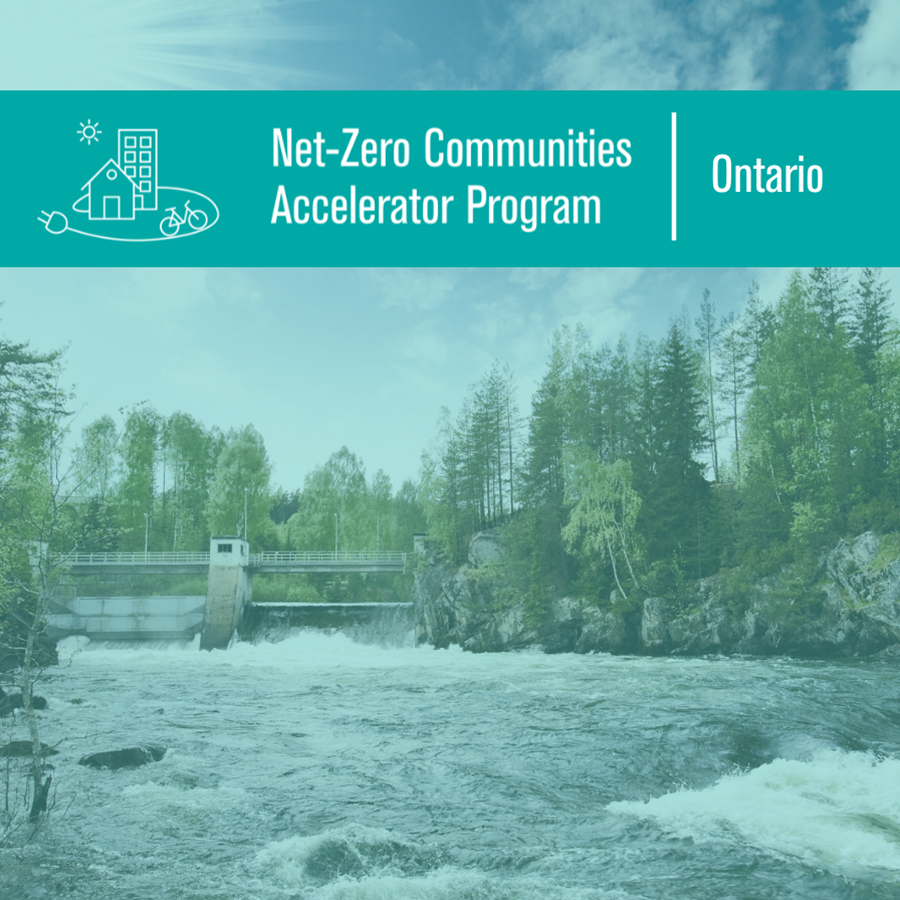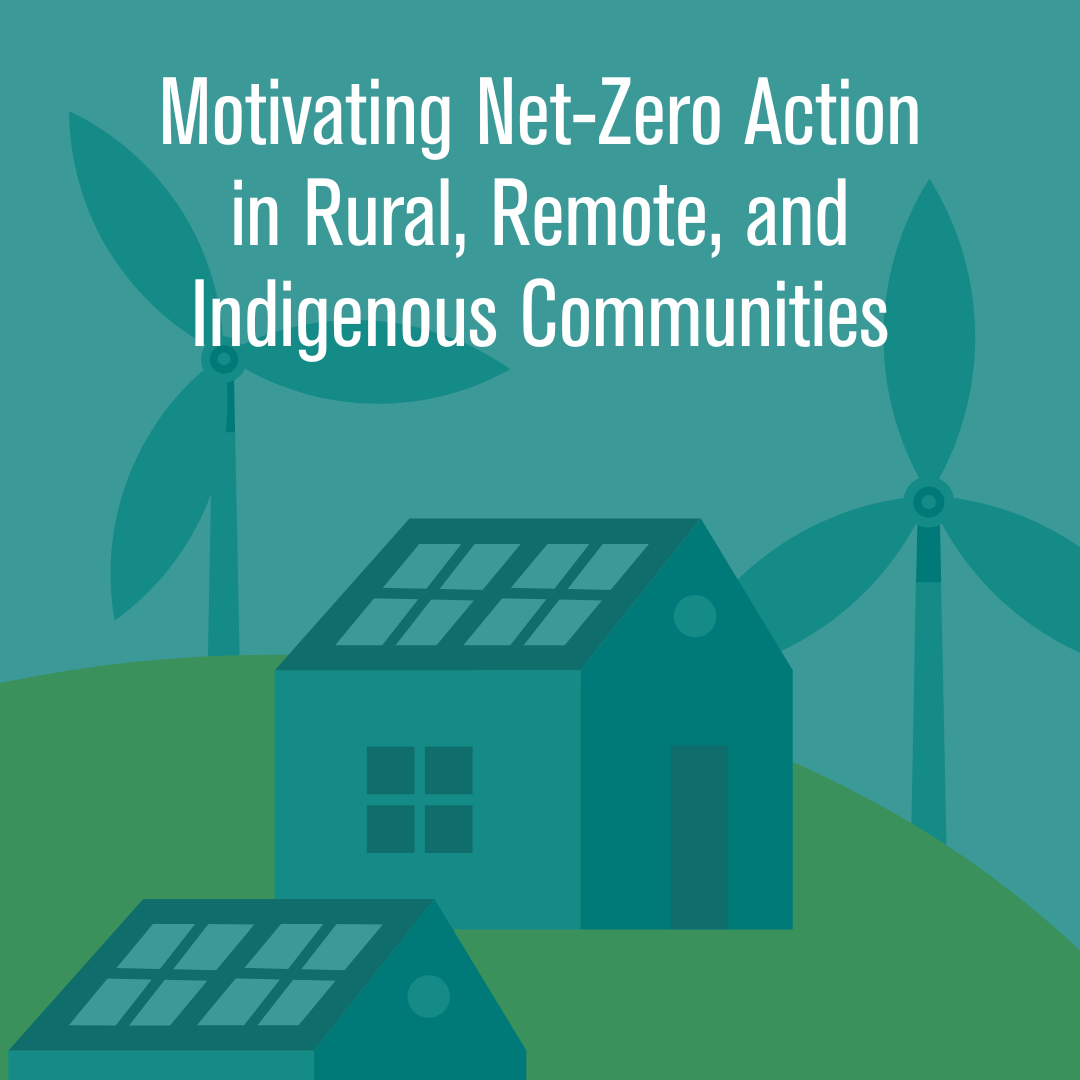Partnering for Indigenous Community Energy Capacity
Indigenous Community Energy and Emissions Planning Resources
Visit our Indigenous community energy and emissions planning resource page for an inventory and jurisdictional scan of existing initiatives supporting community energy and emissions planning in Indigenous communities across Canada Visit the WebpageAbout the Initiative
In Autumn 2021, QUEST Canada launched its Partnering for Indigenous Community Energy Capacity (PICEC) initiative, an Indigenous community-led process aimed at strengthening the understanding and knowledge of the priorities, needs, and challenges of community energy and emissions planning, from the Indigenous community context. Key initiatives include developing a community energy assessment, building community capacity by recruiting energy champions, providing energy mapping support, sharing resources and guidance for community energy and emissions planning implementation, and project evaluation. Key outcomes include completed Community Energy Assessments and the development of energy priorities and next steps for participating Indigenous communities.
“Living in harmony with the environment and protecting it as an equal has been one of the toughest challenges for humans over the centuries […] With the work we are doing here, Frog Lake’s hope is to inspire other reservations and communities to help us protect and maintain our earth for generations to come.”
Guiding Principles:
Community-Led
Meeting communities where they are at (non-prescriptive about communities’ objectives).
Relationship-Based
Recognizing the importance of learning from one another by emphasizing in-depth community engagement and peer-to-peer learning opportunities between communities.
Knowledge Integration
Bringing together different types of knowledge and perspectives, within and between Indigenous communities, and with the broader energy and municipal community energy and emissions planning sectors.
Indigenous Leadership
Highlighting Indigenous community leadership and empowering youth to be involved in community energy today, and in the future.
Timeline
PICEC is a comprehensive process designed to support Indigenous communities with their energy initiatives. The initiative consists of five stages, each designed to support communities on their pathway to net-zero.

Stage 1: Community Energy Assessment and Onboarding
The first stage of the initiative focuses on assessing the current energy situation and determining the energy goals and aspirations for each participating community.
Stage 2: Community Energy Champion Recruitment and Capacity Building
The second stage of the initiative supports communities with the recruitment and training of local energy champions to drive energy initiatives forward.
Stage 3: Community Energy and Emissions Planning Support
The third stage provides support to communities with the development of comprehensive community energy and emissions plans that align with their goals and objectives.
Stage 4: Community Energy Implementation Support
The fourth stage provides communities with the supports and resources necessary to implement their community energy and emissions plans.
Stage 5: Evaluation and Wrap-Up
The final stage of the initiative includes evaluating the success of participating communities’ energy initiatives.
Participating Communities
Supporters
After more than a century, Imperial continues to be an industry leader in applying technology and innovation to responsibly develop Canada’s energy resources.
If you are an Indigenous community interested in reaching your net-zero goals, PICEC can help. For more information about the initiative, please contact Omar Farag, Senior Lead of Projects, at ofarag@questcanada.org or 866-494-2770 ext. 717.
Empowering Canadian Communities
QUEST Canada develops and implements programs and projects with the aim to nurture strategic partnerships, facilitate connections, empower community champions, and influence decisions makers, supporting communities across Canada on their pathway to net-zero. Find out more about our programs and projects:
Ontario NCA
QUEST Canada’s NCA Program has been recognized with a prestigious 2025 Clean50 Top Project Award. The annual awards recognize initiatives based on their innovation, their ability to inform, and to inspire Canadians.
QUEST Canada’s Ontario NCA Program enables Ontario communities to reach net zero by equipping them with the tools and knowledge to develop and implement community energy and emissions plans and understand the net economic benefits they can provide.
Past participant in the NCA? Please Refer-a-Neighbour to our Program!
We need your help, in referring us to a New Brunswick municipality!
Motivating Net-Zero Action in Rural, Remote, and Indigenous Communities
QUEST Canada’s Motivating Net-Zero Action in Rural, Remote, and Indigenous Communities (MNZA) research project explores the motivations, challenges, and energy opportunities low-density areas across Canada face as they transition to net-zero.
QUEST Canada’s Pan-Atlantic NCA Program enables Atlantic Canada communities to reach net zero by equipping them with the tools and knowledge to develop and implement community energy and emissions plans and understand the net economic benefits they can provide.









